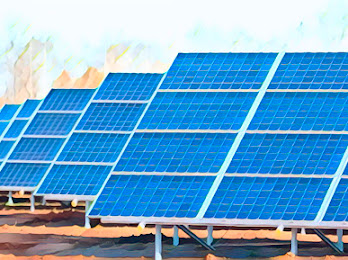KEY POINTS
- This 990kW mini-power grid system has the capacity to supply electricity to 3,900 residential and commercial establishments in Niger State.
- The clean energy project finds support from both the European Union and Germany while serving Nigeria’s clean energy vision.
- The mini-grid sector in Nigeria has received more than €200 million in investment funds.
Government officials launched a 990kW interconnected mini grid which provides sustainable electricity service to 3,900 households and businesses operating in Lambata in Niger State.
The project received €9.5 million from the European Union and German government to back its development which seeks to grow to 1.5MW capacity during the following years.
During the launch event Power Minister Adebayo Adelabu stressed how this project would transform the future. The availability of dependable electricity has the potential to make healthcare and education services better and generate employment for the people while stimulating manufacturing and farming sectors.
This project integrates with Nigeria’s environmental sustainability standards by changing traditional power generation systems from poisonous kerosene and diesel generators to sustainable low-pollutant energy sources such as renewables.
Energy transformation depends heavily on partnerships that originate from abroad
Abba Abubakar Aliyu (Managing Director at the Rural Electrification Agency) explained that this project belongs to the Interconnected Mini grid Accelerated Scheme (IMAS) which aims to provide trustworthy sustainable electricity to remote locations. The international donor-funded IMAS project with €9.7 million budget will serve 125,000 Nigerian individuals.
REA Predicted that Niger State Governor Muhammed Bago will continue his support development to strengthen mini-grid deployment across the state territory. The Abuja Electricity Distribution Company declared its approval to welcome additional interconnected mini-grid installations.
The EU and German government representatives confirmed that they have dedicated €200 million toward developing Nigeria’s mini-grid sector as part of their clean energy infrastructure development initiative.



